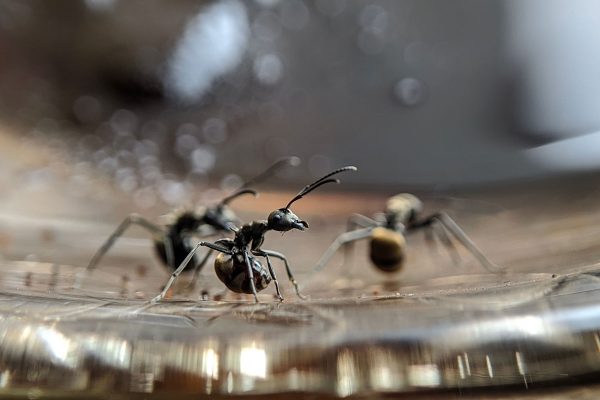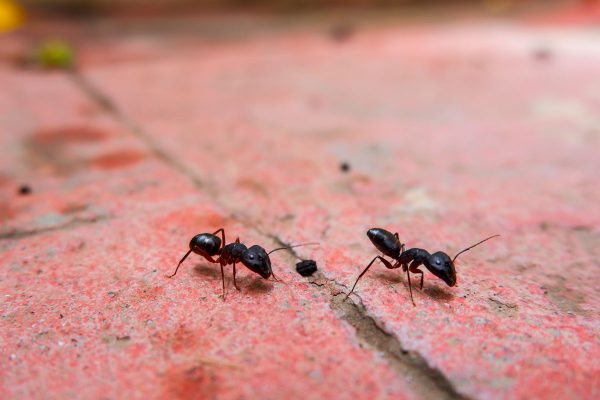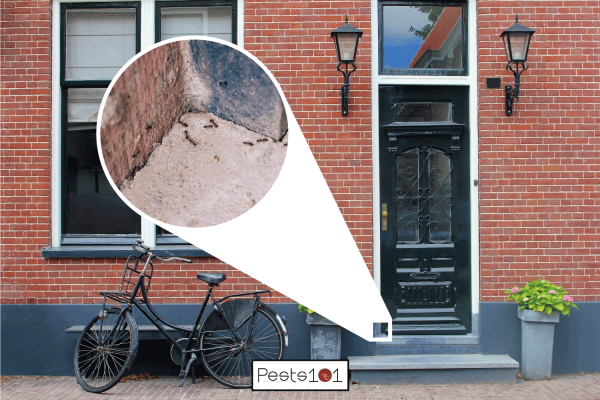You’ve probably come across an anthill or ant nest around your property. As such, you are already thinking of ways to safely remove it from your property. Before doing that, it’s important to have an idea about how much—or how many—ants you’re dealing with. So, how many black ants does a colony house? We have researched answers to find out.
A mature colony of black ants has around 4,000-7,000 workers, with big ones housing 15,000 working ants. Black carpenter ant colonies contain between 10,000-20,000 workers, with big ones having above 50,000 workers.
Knowing how big the colony of ants residing just around our property is essential to know how to remove, or at least manage them effectively. If you want to learn more about how ants reproduce and work, keep reading below.
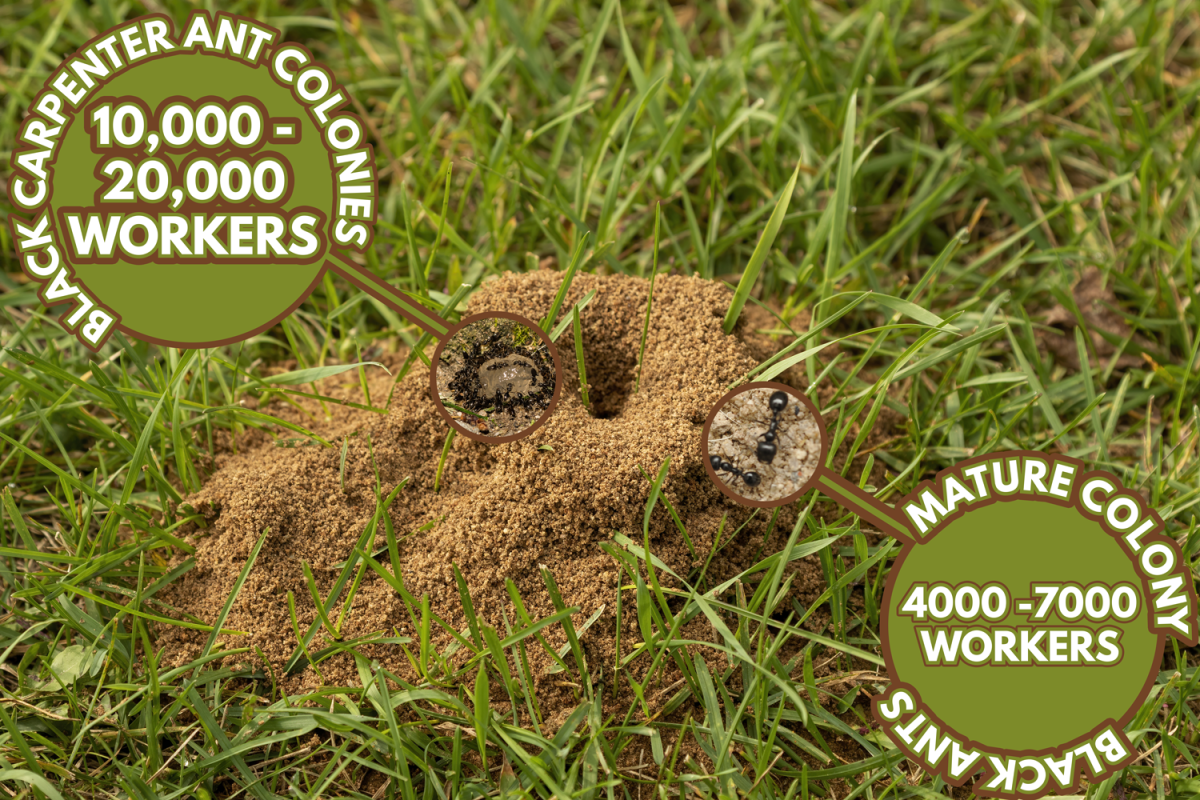
How Do Ant Colonies Grow?
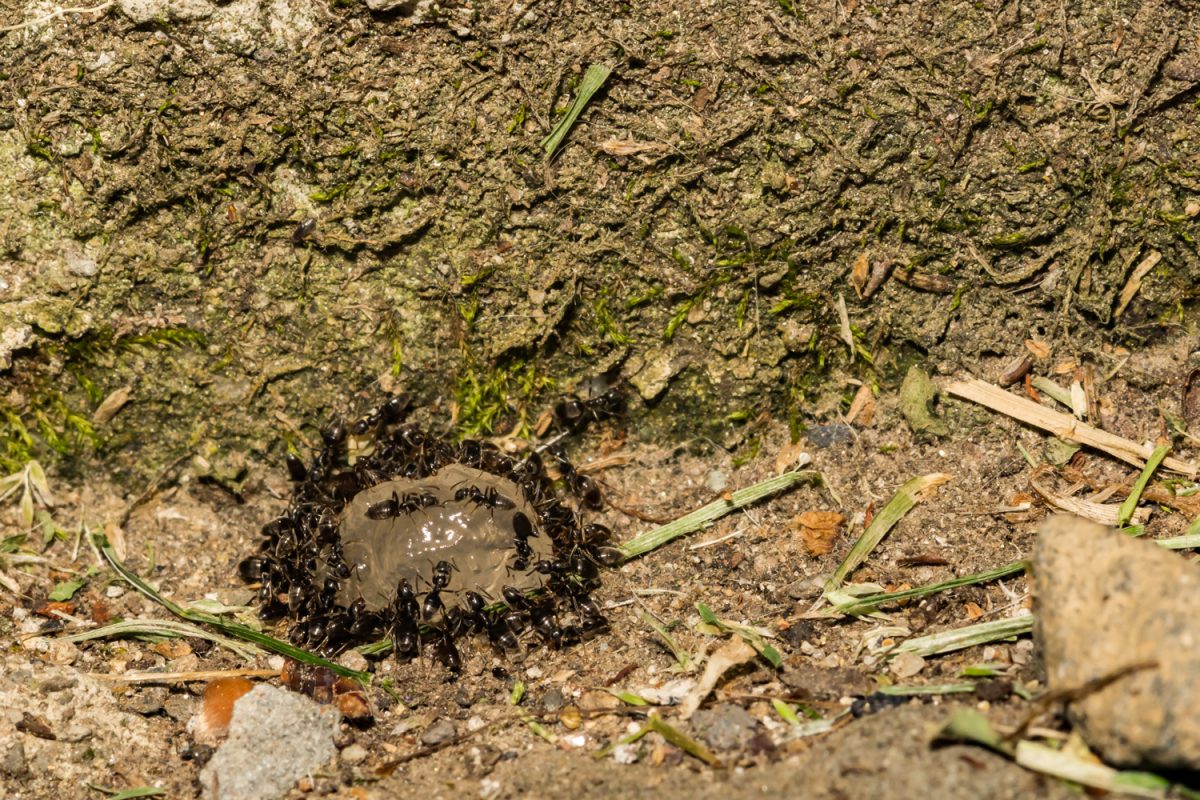
Ants have been around for a long time, evolving from 100 million years ago.
Their exponential growth was a result of an effective social relationship with one another, with advanced ant metropolises addressing issues with what seems to be intelligent thought.
To know how they have evolved, we must first know how they manage to multiply. Reproduction begins when a female ant flies off to mate and become the queen of a colony.
After she mates, she finds an ideal place where she can shed her wings and prepares to lay her eggs.
Birthing the first generation of workers, they are singlehandedly raised by the queen, with the male ants dying after having served their purpose.
Once the first generation of workers is reared and ready to hunt, they will be responsible for feeding and protecting the queen so she births more workers that can make the colony thrive.
Some species of black female ants do not grow wings, so they will have to be escorted by the workers to new nesting sites to build other colonies.
From there, different ant species started to evolve to accommodate environmental niches.
Can Ant Colonies Form Without a Queen?
Colonies can be built without a queen through a process called budding. Workers will be carrying eggs still in the developmental stage and rear them themselves until they become functional.
Can Ant Colonies Have More than One Queen?
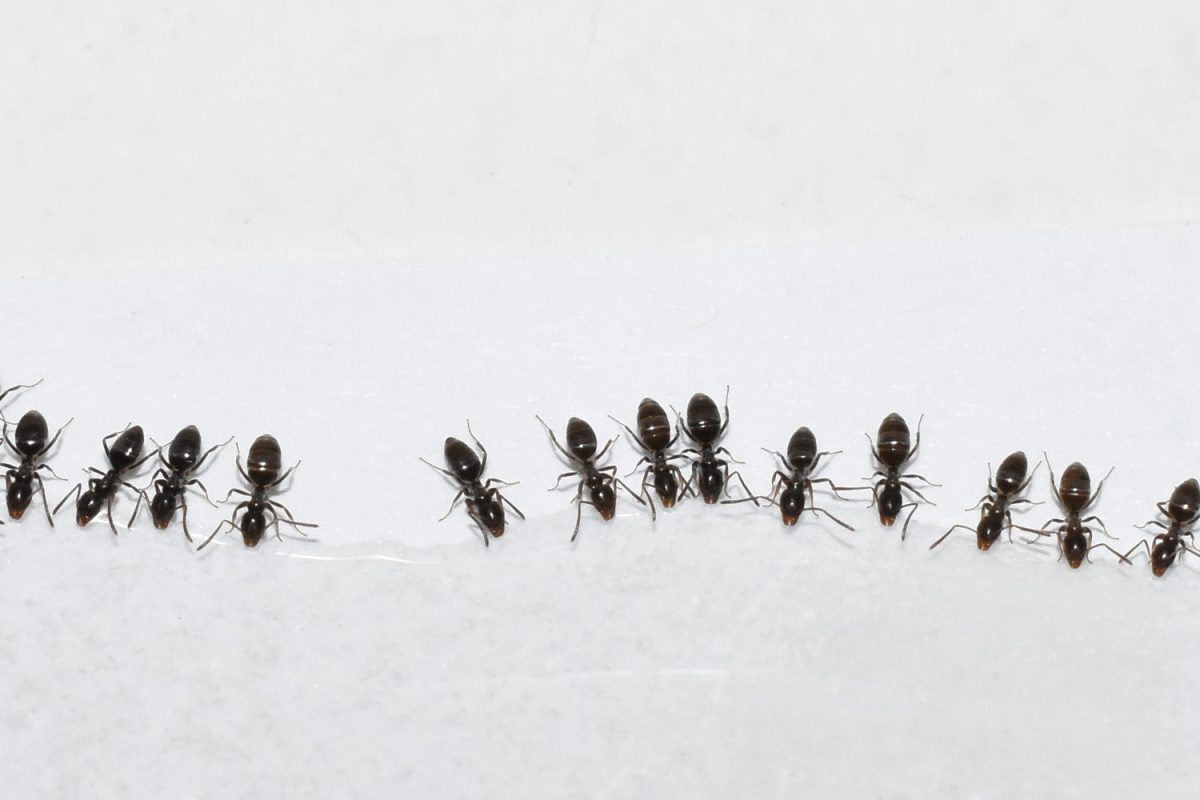
Some colonies have more than one queen, but it depends on the species and the size of the colony. Ant colonies that have more than one queen are called polygyne.
For example, black fire ants both have single-queen and multi-queen colonies. If a colony has more than one queen, there will be more ants produced and more workers that can feed the colony.
A large number of a colony contributes to its survival. However, the positive effect is short-lived: queen ants cohabitating seems to birth hostility among the queens and their broods, resulting in fewer ants working together and escalating to the deaths of all the queens but one.
Because of this huge cost of productivity, queens rarely birth numerous workers when they are cohabitating with other queens.
However, the numbers are still significantly high and can still create more damage or nuisance around a property.
Do Ants Move nests?
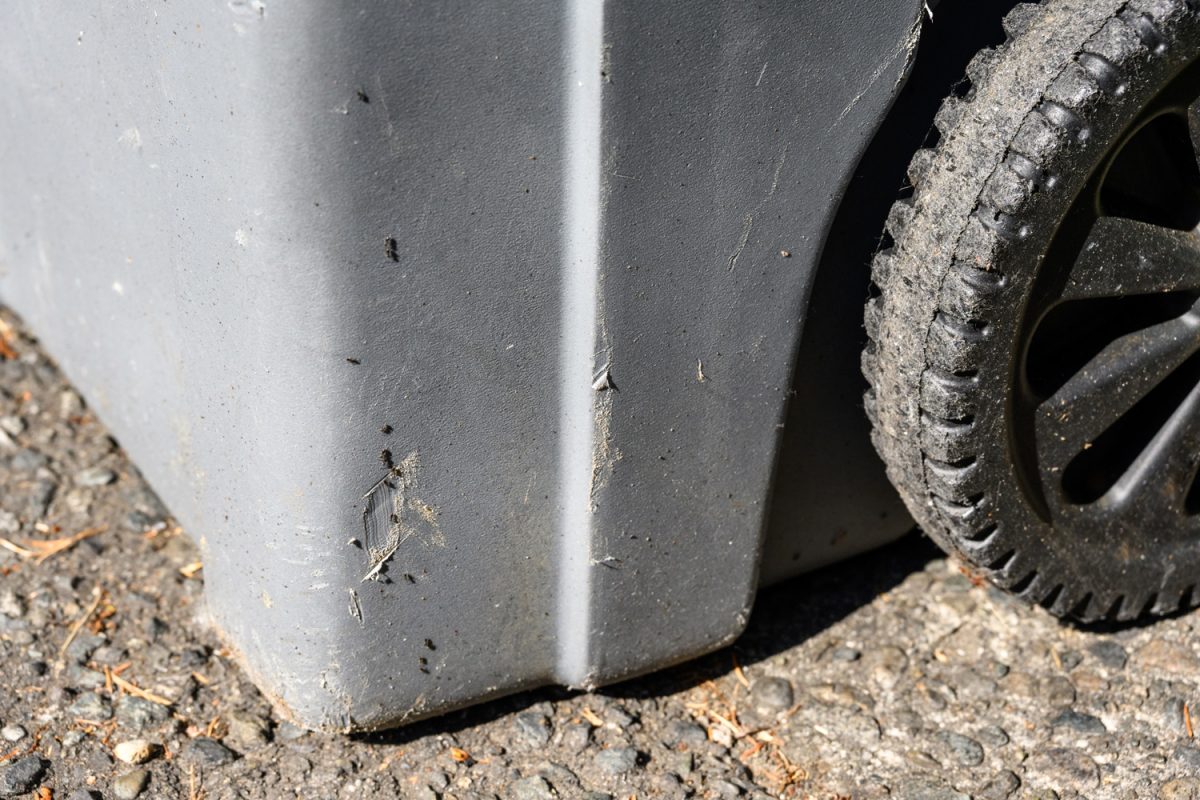
If you notice a colony of ants near you, chances are you’ve erroneously thought that they will be burrowing in that area forever.
Ants like to move their colonies, but scientists haven’t found the reason why—Although a hypothetical reason could be that they are looking for environments better suited for their survival.
However, research has found that their move was often random, having no correlation to the suitable environment they could or should have preferred.
Ant colonies move during warm seasons, or during the spring and summer. You will notice that the ants have just moved into their new home when they mark the territory by building a nest ring, or a circle of charcoal pebbles at the entrance of the nest.
The moving process takes from about four days to a week. This is because they need time to dig a tunnel connecting their old nest to their new nest where younger members of the colony will be passing through carrying their food and babies.
Their previous nests aren’t always far from their new ones, though. So they are likely to stay around the area for some time.
How Long Do Ant Colonies Last?
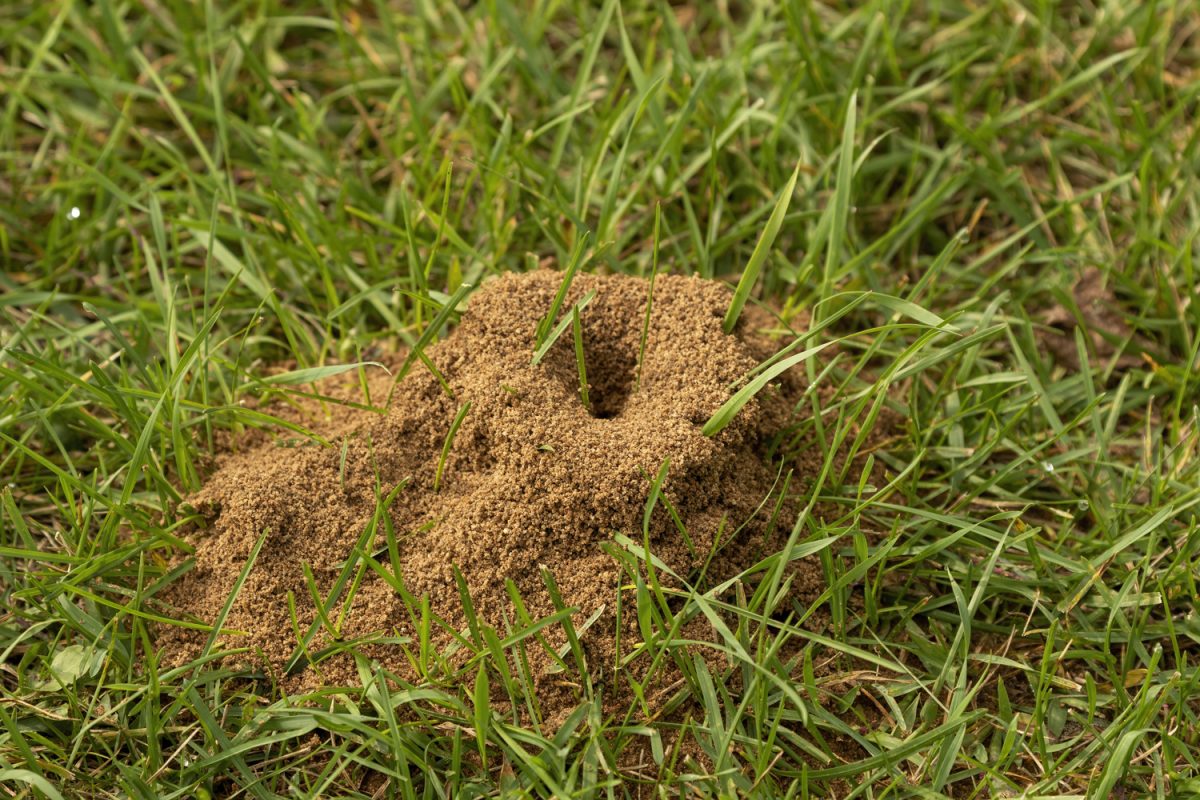
The lifespan of ant colonies depends on the life of the queen. The queen is in charge of breeding more workers, so as long as she can breed and the workers nurture her, the colony continues to thrive.
The longest recorded existence of an ant queen lasted for up to 29 years. If a colony contains multiple queens, the colony stays as long as it wants—sometimes even being considered “immortal” colonies.
Some species of ants, like fire ants, only have a short lifespan, lasting only between 5-7 years.
If the queen ant dies, the days of the colony are numbered, but it wouldn’t be fast. The worker ants will continue to try to survive, but most worker ants only live for about 2-3 years.
When the population of the ants dwindles, there will be no more left to sustain the colony. The cycle of reproduction stops, along with the work.
Fire ant species will hardly survive a few months since workers only live about five weeks. After that, the colony disappears.
The lifespan of the worker ants will also depend on the food resources available. If there is less food available, some ants will eat less so the rest of the colony eats more.
However, when the food source becomes too scarce, the worker ants will slowly die off.
How Do Ants Communicate?
Ants communicate via sounds that even larvae ants can make. These sounds are crucial to their survival. However, the pheromones that ants release are more essential when they try to hunt for food to feed the colony.
Pheromones are considered ants’ primary method of communication. It signals other ants where to march, which ants come from another nest, and their social status.
Some ants release a distress signal when they’re in trouble by stroking their abdomen with their hind legs. This creates a sound that other workers can hear.
Aside from pheromones and sounds, ants also communicate through body language.
By touching one another’s antennas or stroking in a different way, they communicate their diet which the other ants can forage.
Ants have a complex communication system where they combine pheromones, sound, touch, and body language to communicate various messages.
They use these methods to alert, entice, groom, mark territories, mate, and even exchange food and liquids. All these are essential to the growth of their colony.
How Do Ants Collect Food?
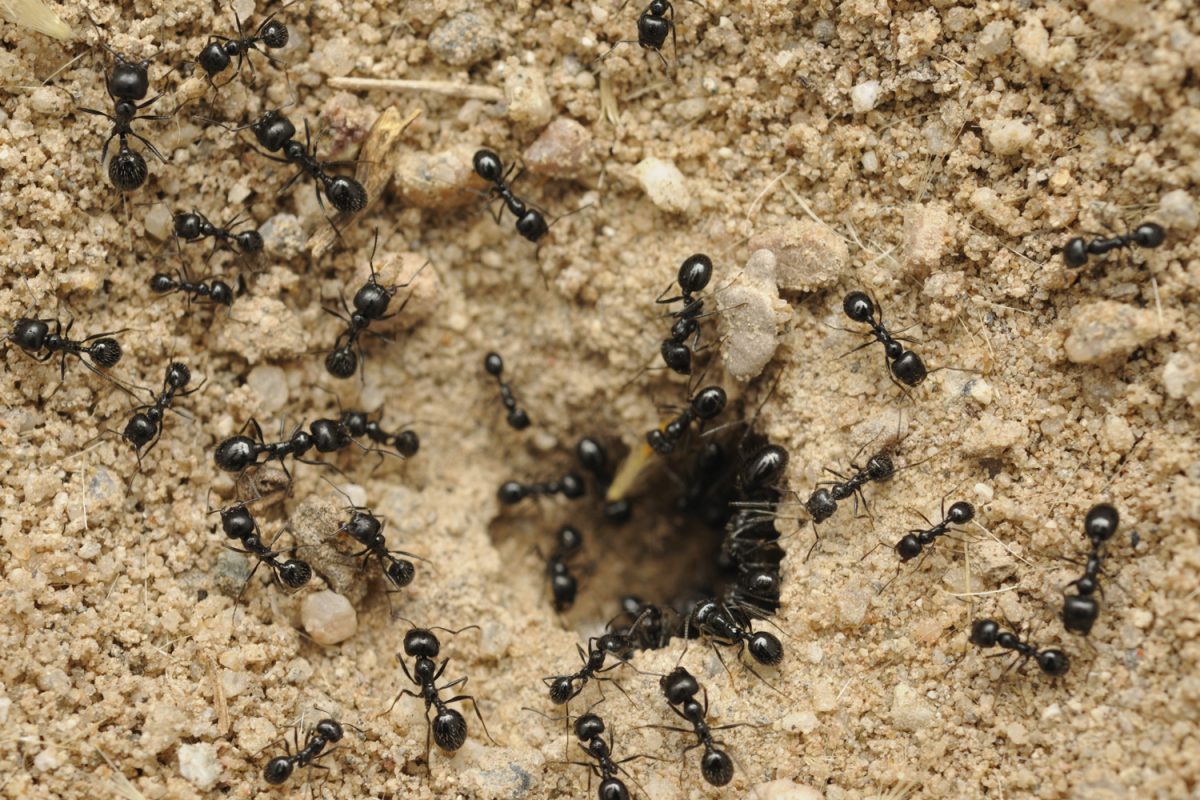
The diet of ants depends on their species. Most black ants are omnivores, so they also eat other insects to survive. Generally, ants like to forage for sweet food packed with protein.
Ants also love honeydew which is secreted by aphids.
Ants hunt for food during sundown. Spring and summer are their hunting season, where they collect food to store and feed to the colony.
During the winter, some ants still manage to collect food if they have enough access to sunlight and if their nests are warm and moist enough.
They will travel somewhere more humid and where they can forage for leftovers. This is the reason why you spot long trails of black ants on your kitchen or bathroom sink during the winter.
Ants have the ability to sense the chemical makeup of the food they’re hunting. This ability is called chemosensing where their olfactory receptors located on their antennae detect which food contains sugar and protein.
Who are the worker ants?
Worker ants are sterile, wingless female ants who cannot reproduce. Male ants are only responsible for impregnating fertile female ants who then become queens.
The caste system for ants has three levels: the queen, workers, and the males.
Final Thoughts
Knowing how colonies operate is the first step to knowing how to remove them from our property.
Of course, you cannot completely eradicate their possibility—the most you can do is keep your home clean and dry to discourage an infestation. Applying garden-safe pesticides will also prevent ants from nibbling on your flowering plants.
As always, contact pest control services if the ant nests are starting to disrupt your household and garden. If you enjoyed this article, check out “Can Bald Faced Hornets See At Night?” or “Does Boric Acid Kill Subterranean Termites?”

